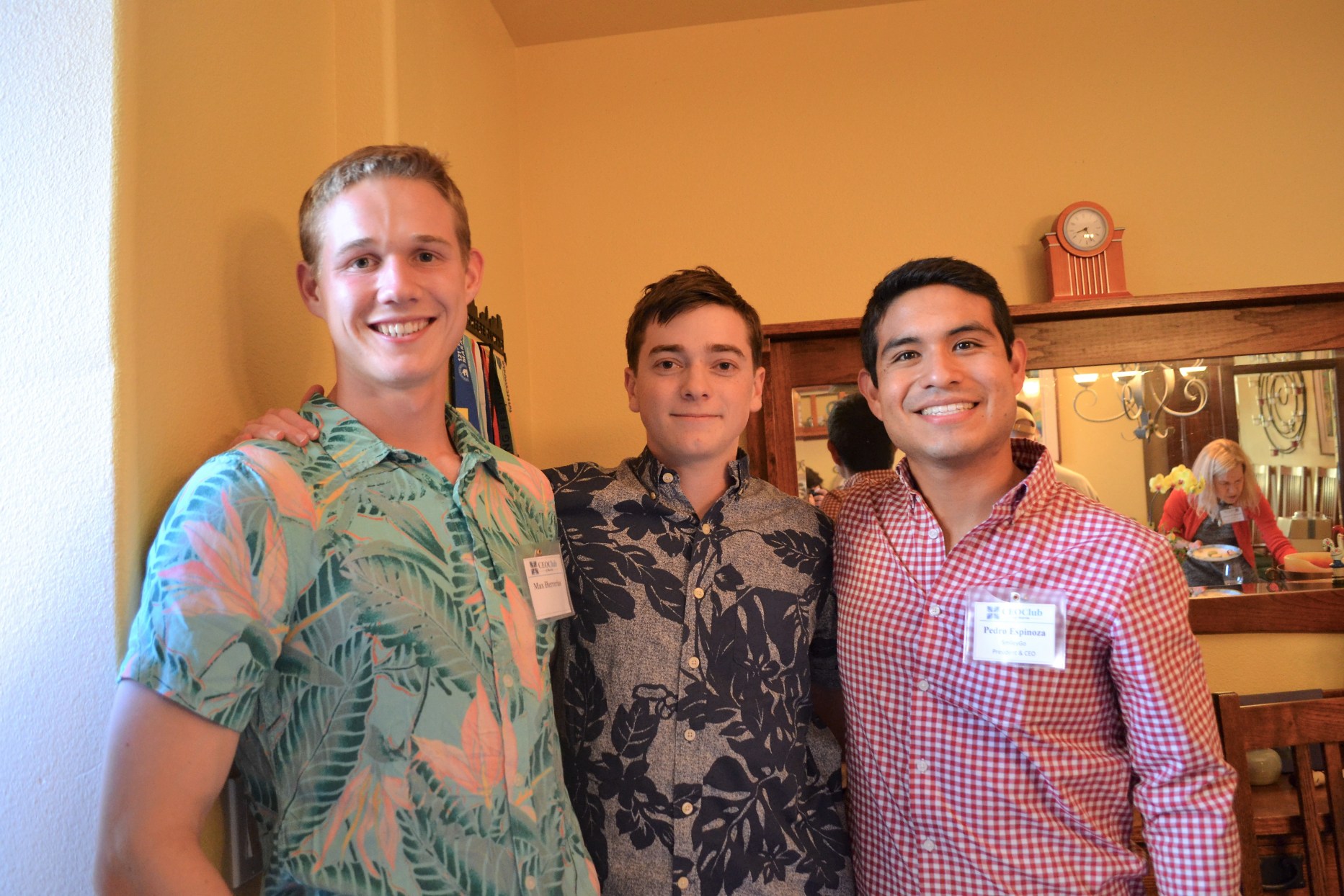Unfortunately, my generation has been diagnosed with one of the highest levels of mental health issues, anxiety, depression, loneliness, lack of community, and more. Not too long ago, I was sitting in the classrooms at Berkeley and Stanford, perceiving the high levels of anxiety and stress among students. Results of a 2016 Common Sense Media Report found that 50% of adolescents “feel addicted” to their smartphones. Phone addiction among other factors are what cause stress, anxiety, and depression to the younger generation.
Given my business background in Silicon Valley, I’m eager to see how companies prepare to hire and retain human talent with mental health issues. This will be very interesting to watch and analyze, given that many Generation Z folks are entering the labor force. When I first moved to the San Francisco Bay Area, in 2013, I saw how organizations in the technology industry cherished diversity & inclusion by launching employee resource groups and sponsoring events like the Hispanic Foundation of Silicon Valley Annual Ball in 2016. This is great first step.
Today, 2020, the Generation Z is entering the labor force at very fast rates. This month in particular, companies are hiring many people as the economy is reopening. Without a doubt, it is exciting to see how we are transition to remote work: the future of work. I believe it is a challenge for corporations to build a place of belonging for this generation given the mental health issues they will bring into the office. What would be a tangible solution?
Last but not least, while I give kudos to companies like Google and Facebook for connecting our world, I do want to make a point in finding a solid work & life balance. Several friends of mine at these companies are working all day, given that they have free laundry, meals, and can bring their pets. However, when do they have time to actually see their families? Communities outside of work? There is more to life than working all day. This could help the mental health and stability of my generation.

